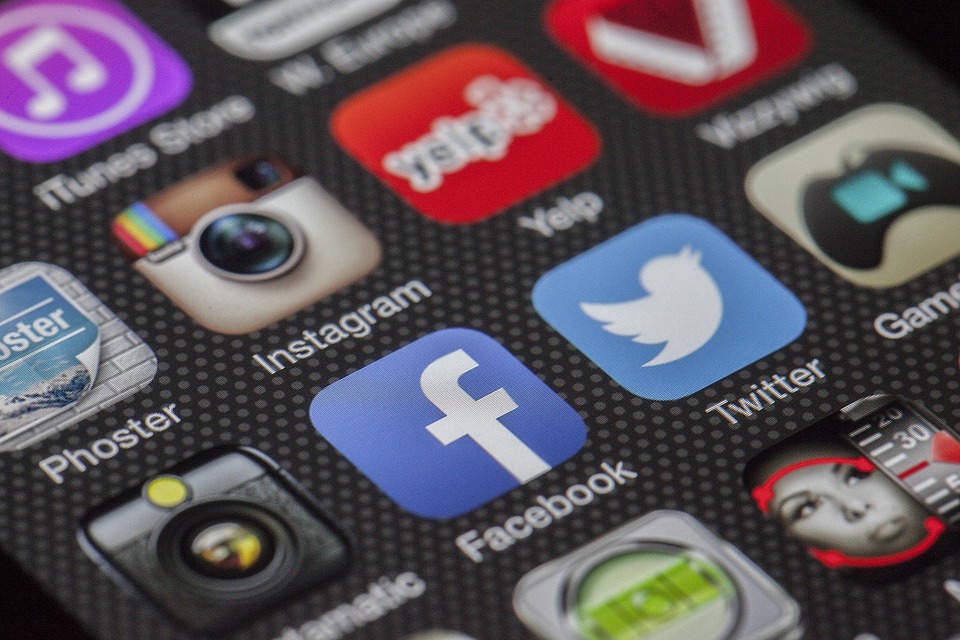Art has always been a powerful tool for social and political change. From the protest songs of the 1960s to the politically charged paintings of the 20th century, artists have used their work to bring attention to important social issues and advocate for change. In recent years, entertainment, such as music, film, and television, has played an increasingly significant role in shaping social and political movements. From the #MeToo movement to the Black Lives Matter movement, entertainment has been a powerful force in driving social and political change.
The Power of Entertainment in Shaping Social and Political Change
Entertainment has the power to reach a wide audience and influence public opinion. Through music, film, and television, artists and creators can convey powerful messages and evoke emotions in their audience that can lead to real change. For example, the documentary film “13th” directed by Ava DuVernay, shed light on the systemic inequality and racism within the criminal justice system, sparking important conversations and activism around the issue of mass incarceration.
In addition to shedding light on important social issues, entertainment can also humanize and personalize these issues, making them more relatable and accessible to a wider audience. For example, the television show “Orange is the New Black” humanized the experiences of incarcerated women, leading to a greater understanding and empathy for their struggles and needs.
The Role of Art in Social and Political Activism
Art has long been a vehicle for social and political activism. From the civil rights movement to the feminist movement, artists have used their work to challenge the status quo and advocate for change. In recent years, art has continued to play a significant role in shaping social and political movements. From street art to performance art, artists have used their work to challenge power structures, advocate for marginalized communities, and raise awareness about important social issues.
One powerful example of the role of art in activism is the “Me Too” movement. The movement was sparked by a social media campaign started by actress Alyssa Milano, following the allegations against Harvey Weinstein. The movement went on to spark a global conversation about sexual harassment and assault, leading to important changes in workplace policies and a greater awareness and support for survivors of sexual violence.
Entertainment and Social Media
Social media has played a significant role in connecting entertainment to social and political activism. Artists and creators can use social media platforms to amplify their messages, engage with their audience, and mobilize support for important causes. Social media has also allowed for greater collaboration between artists and activists, leading to more powerful and impactful movements. For example, the #BlackLivesMatter movement was able to gain widespread attention and support through social media, leading to important legislative and societal changes.
Conclusion
Entertainment has always been a powerful force in shaping social and political change. From music and film to visual arts and performance, artists have used their work to challenge power structures, advocate for marginalized communities, and raise awareness about important social issues. As social and political activism continues to evolve, entertainment will undoubtedly continue to play a significant role in driving meaningful change.
FAQs
Why is entertainment important in shaping social and political change?
Entertainment has the power to reach a wide audience and influence public opinion. Through music, film, and television, artists and creators can convey powerful messages and evoke emotions in their audience that can lead to real change.
How is art connected to social and political activism?
Art has long been a vehicle for social and political activism. From the civil rights movement to the feminist movement, artists have used their work to challenge the status quo and advocate for change.
How does social media connect entertainment to social and political activism?
Social media has played a significant role in connecting entertainment to social and political activism. Artists and creators can use social media platforms to amplify their messages, engage with their audience, and mobilize support for important causes.


